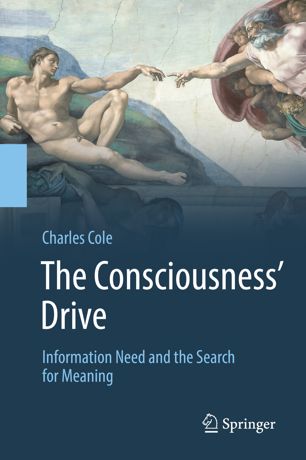

Most ebook files are in PDF format, so you can easily read them using various software such as Foxit Reader or directly on the Google Chrome browser.
Some ebook files are released by publishers in other formats such as .awz, .mobi, .epub, .fb2, etc. You may need to install specific software to read these formats on mobile/PC, such as Calibre.
Please read the tutorial at this link: https://ebookbell.com/faq
We offer FREE conversion to the popular formats you request; however, this may take some time. Therefore, right after payment, please email us, and we will try to provide the service as quickly as possible.
For some exceptional file formats or broken links (if any), please refrain from opening any disputes. Instead, email us first, and we will try to assist within a maximum of 6 hours.
EbookBell Team

4.8
14 reviewsWhat is the uniquely human factor in finding and using information to produce new knowledge? Is there an underlying aspect of our thinking that cannot be imitated by the AI-equipped machines that will increasingly dominate our lives? This book answers these questions, and tells us about our consciousness – its drive or intention in seeking information in the world around us, and how we are able to construct new knowledge from this information.
The book is divided into three parts, each with an introduction and a conclusion that relate the theories and models presented to the real-world experience of someone using a search engine. First, Part I defines the exceptionality of human consciousness and its need for new information and how, uniquely among all other species, we frame our interactions with the world. Part II then investigates the problem of finding our real information need during information searches, and how our exceptional ability to frame our interactions with the world blocks us from finding the information we really need. Lastly, Part III details the solution to this framing problem and its operational implications for search engine design for everyone whose objective is the production of new knowledge.
In this book, Charles Cole deliberately writes in a conversational style for a broader readership, keeping references to research material to the bare minimum. Replicating the structure of a detective novel, he builds his arguments towards a climax at the end of the book. For our video-game, video-on-demand times, he has visualized the ideas that form the book’s thesis in over 90 original diagrams. And above all, he establishes a link between information need and knowledge production in evolutionary psychology, and thus bases his arguments in our origins as a species: how we humans naturally think, and how we naturally search for new information because our consciousness drives us to need it.